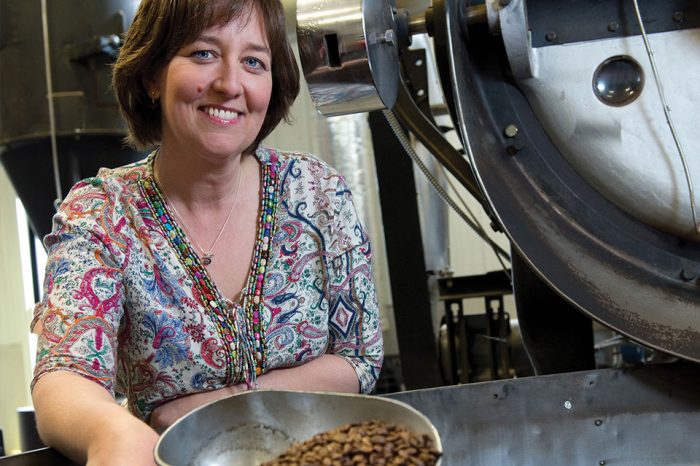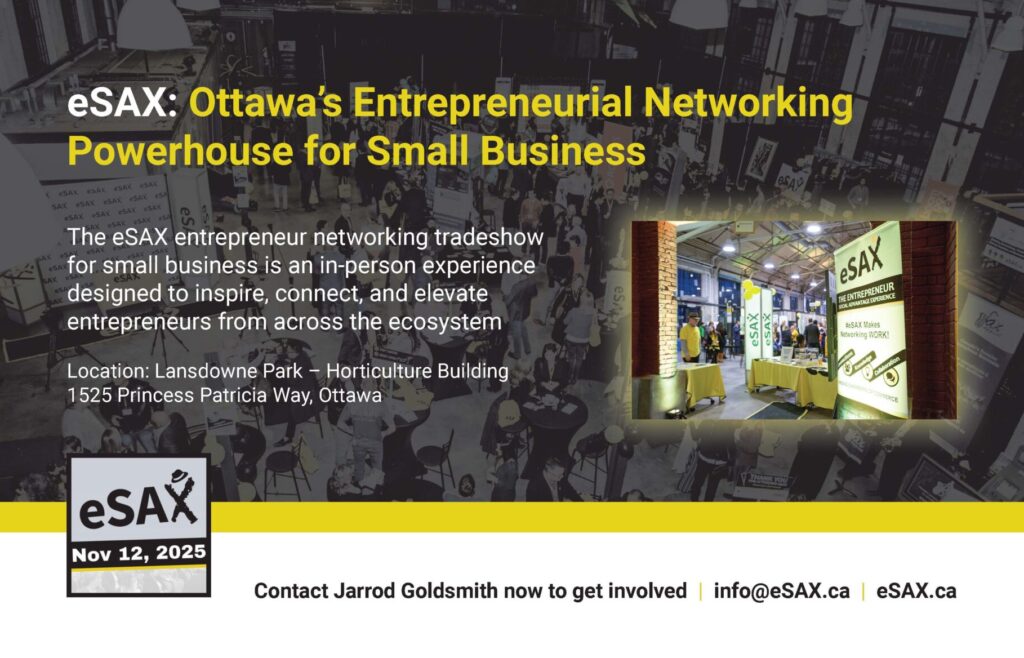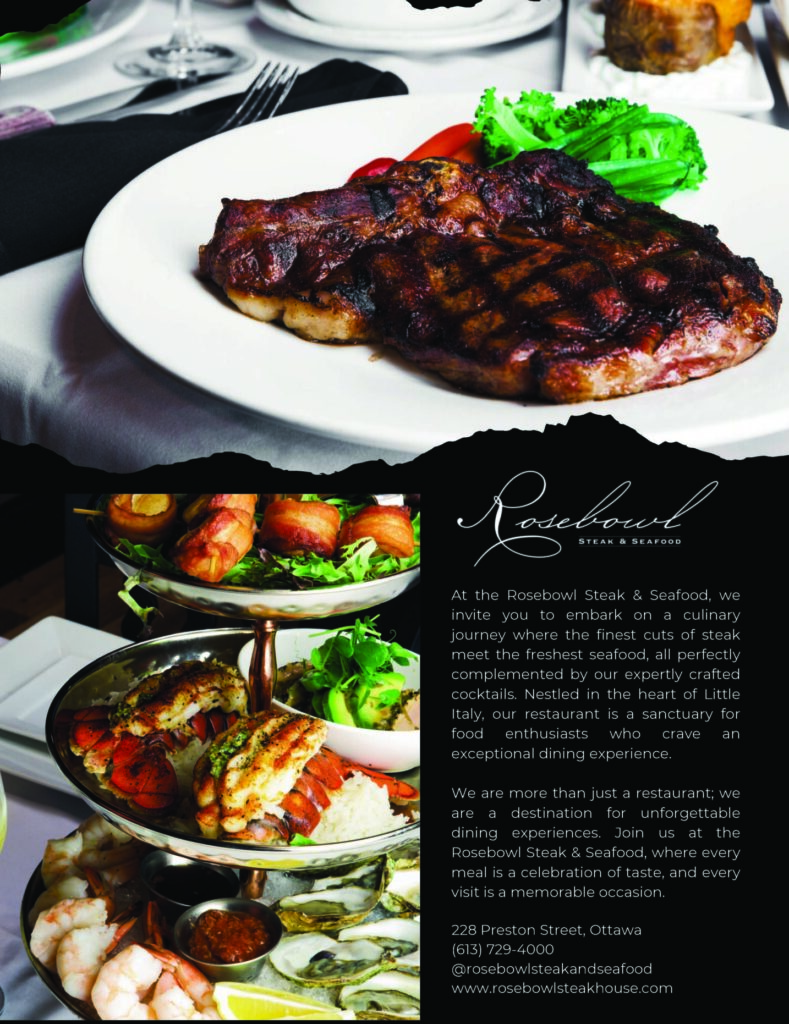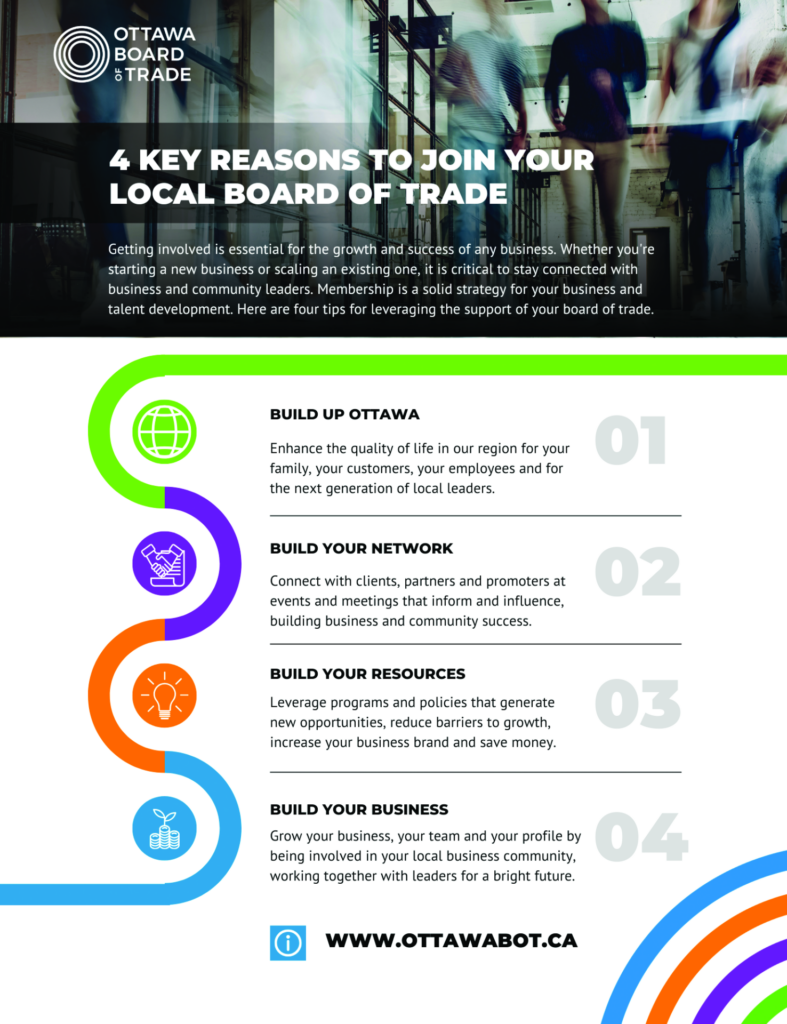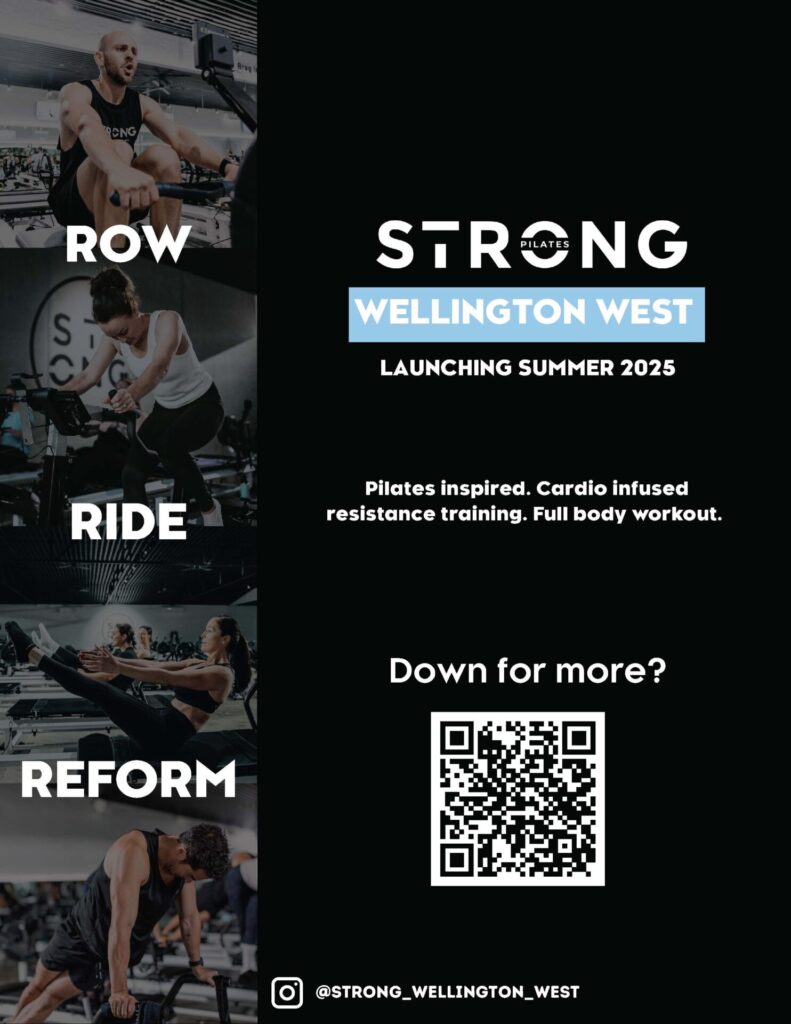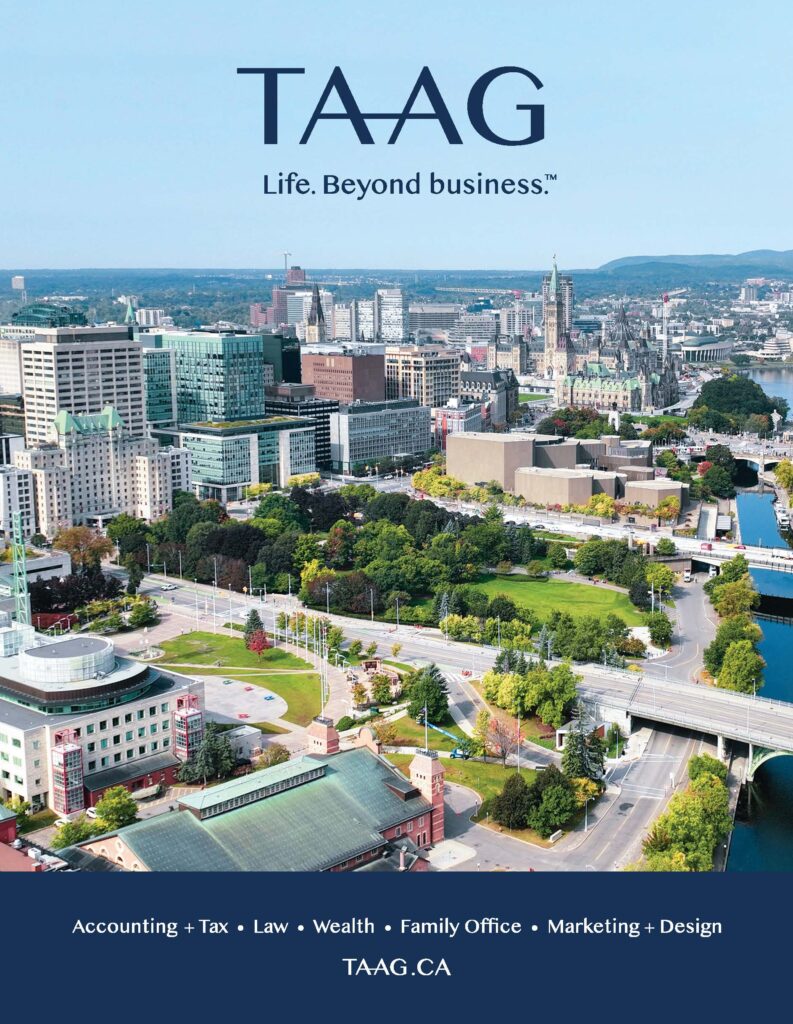CEO Talk: Green Is Good for Business
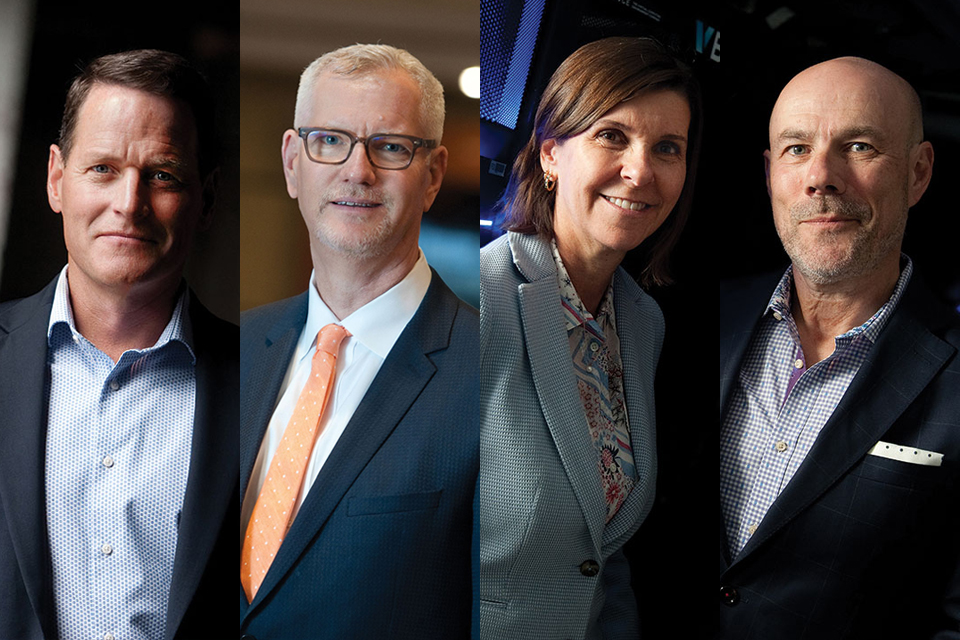
JEFF WESTEINDE Managing partner, Zibi, and partner in Windmill Developments. ROSS MEREDITH General manager, Westin Ottawa. MARA TARACIEVICZ co-CEO, Superna. MICHAEL ARNO co-CEO, Superna.
Four Ottawa CEOs talk sustainability
By Alison Larabie Chase
We asked some of Ottawa’s top leaders about their green business practices, and their advice on how to build sustainability into the way we work.
Capital: How do you demonstrate corporate social responsibility/environmental sustainability in your company’s projects and day-to-day work?
Jeff Westeinde, managing partner, Zibi, and partner in Windmill Developments:
At Zibi, I’m proud that we’re building Canada’s first One Planet-rated development. The big difference between LEED and One Planet is that it adds a healthy layer of social sustainability—things like happiness and community engagement.
Ross Meredith, general manager, Westin Ottawa:
The Westin Ottawa has been committed to demonstrating sustainability in all of our decisions, including capital improvements where conscious sustainable efforts are made, and our “green and clean” room in our cafeteria where every associate ensures that waste is put into the right waste compartment.
Michael Arno, co-CEO, Superna:
We acquired an existing industrial building and completely renovated it to make it more efficient. Our footprint in terms of pure energy consumption went down to 10 percent of what it had been. That’s obviously reducing our carbon footprint. Our power bill went down by 75 percent. That represents adding four or five new employees to our team.
Capital: What aspect of your company’s sustainability practices are you most proud of?
RM: Although we are very proud of our capital investments, we are just as proud of some of our “low-hanging fruit” projects: using Energy Star-rated appliances, installing motion and thermal sensors, converting over 200 exit signs to LED, low-flow aerators on showerheads and faucets, and air-assisted toilets that use only 1.6 liters per flush.
JW: We have developed a zero-carbon strategy for heating and cooling, which is like the holy grail. We’re doing it in partnership with Hydro Ottawa. It’s still in the early stages but showing great promise. We hope that we’ll be able to implement it for Zibi.
Mara Taracievicz, co-CEO, Superna: I’m most proud that we don’t have to ask people to do things—they see it as the way they should be [doing things]. I don’t think we ever had a direct conversation about it.
Capital: What challenges have you overcome when implementing sustainability policies and practices?
JW: At Zibi, we would like to use grey water for basically all our non-potable water. The regulatory system requires that it run essentially like a municipal waste treatment system; it needs a treatment backup. The cost and environmental impact of flushing out toilets with drinking water is huge, but nearly impossible to get away from.
MA: We’ve looked at solar over time. Our building footprint is about 6,000 square feet and we have a flat roof. Before, it didn’t look efficient, the cost was too high, but as consumption has scaled down we’re going to revisit that now.
RM: We have been very fortunate to have incredible ownership that has invested in our drive for sustainability. You also need to have engaged associates. We need to put forth the belief that we are pushing this agenda because it is the right thing to do for the environment. If you can empower your team, the rest will take care of itself.
Capital: What advice would you give to leaders who want to kick up their efforts in this arena?
JW: You need to start with a true “triple bottom line” approach of people, planet, and profit. It has to be a core principle; you can’t do it as an afterthought. If you operate your business around a profit bottom line and then say, “it sure would be nice to do more socially or environmentally,” it doesn’t work as well. It’s like trying to do aftermarket fixes to a product—it’s nowhere near as effective.
RM: Do some research and take advantage of the many different incentive programs offered. Involve your associates, educate them, and make them feel part of the process. Promote your environmental stewardship through your social channels. Consumers will switch brands to one that is associated with a good cause, given similar price or quality.
MA: You have to keep an eye on what is new. You have to be curious and keep investigating.
